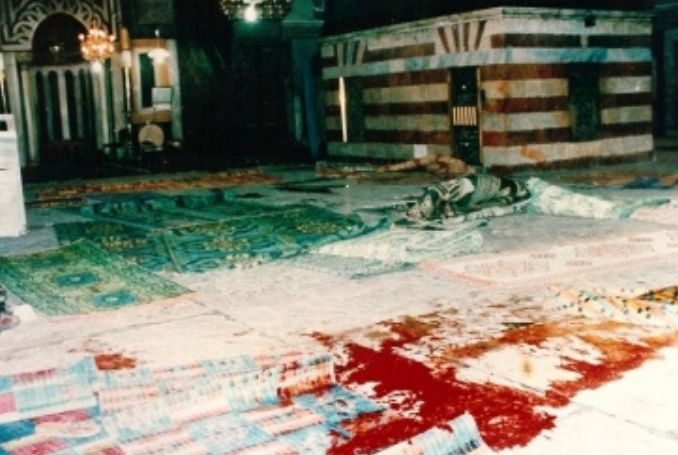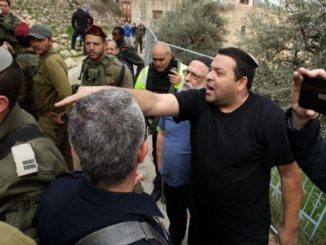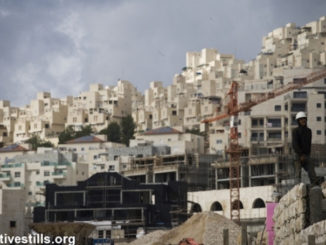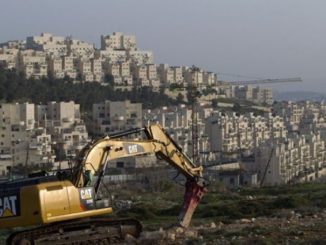
Twenty-six years ago, on February 25, 1994, Jewish settler Baruch Goldstein, an American-Israeli physician, opened fire at hundreds of Muslims who were performing the dawn prayer on a Ramadan day at the Ibrahimi Mosque in southern West Bank city of Hebron (Al-Khalil).
Today Marks 26 Years For The Ibrahimi Mosque Massacre – https://t.co/GljRDXWHUF #Palestine pic.twitter.com/ZBdVTrOze2
— al whit (@soitiz) February 25, 2020
After several minutes of shooting, 29 worshippers were killed and hundreds of others were wounded before people were able to overcome the murderer and end his life.
On that very same day, Israeli soldiers killed an additional 21 Palestinians who took to the streets in the occupied territories to protest the massacre in Hebron.
Today marks 26 years since the Ibrahimi Mosque massacre carried out by the member of the far-right Israeli Kach movement Baruch Goldstein. On 25 Feb 1994 Goldstein opened fire at Palestinians praying inside the Ibrahimi Mosque in Hebron, West Bank, killing over 30#Act4Palestine pic.twitter.com/WJagOBDVV2
— Days of Palestine (@DaysofPalestine) February 25, 2020
Instead of taking action against the extremist Jewish settlers living in the occupied Palestinian town of Hebron, particularly in the illegal settlement of Kiryat Arba, where Goldstein used to live, the Israeli authorities punished the Palestinians.
After the massacre, the Israeli military divided the Ibrahimi mosque into two sectors: Jewish settlers and visitors have exclusive access to more than half of the site, including all of the surrounding gardens.
Ibrahimi Mosque, site of the 1994 massacre (26 years ago today https://t.co/VOZXDVptmu) which led to the banning of Palestinians from Al-Shuhada street (https://t.co/wO4Y4r5CpY). The mosque + the Cave of the Patriarchs are divided by bulletproof glass. pic.twitter.com/qXhsE17FDP
— Vicky Langan (@vicky_langan) February 25, 2020
Hebron city center is the site of several illegal Jewish settlements.
According to the Israeli human rights group B’tselem, in Hebron “Palestinians living in the area are subjected to extreme restrictions on their movement by car or on foot – including the closure of main streets – while settlers are free to go where they wish.”
(Palestine Chronicle, WAFA, Social Media)







